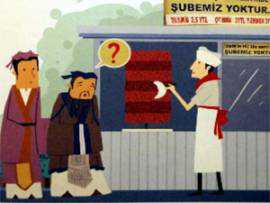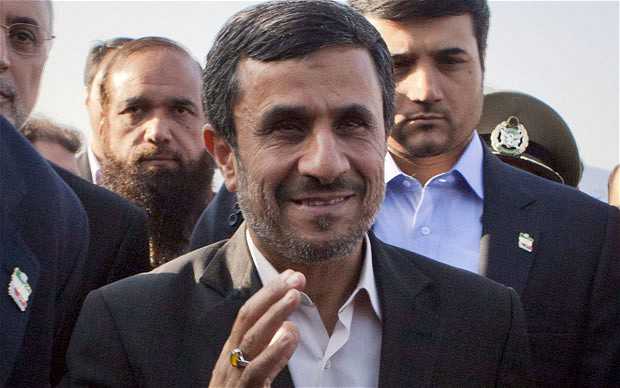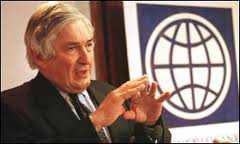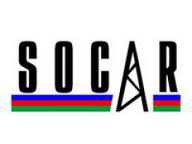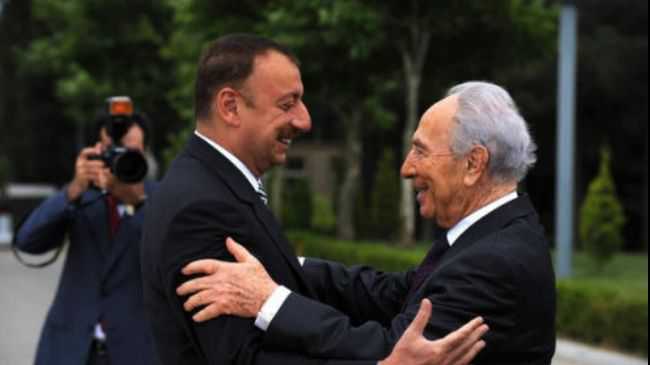By BRIAN SPEGELE And JOE PARKINSON
ISTANBUL—China and Turkey set aside differences on how to quell escalating violence in Syria on Tuesday, as Vice President Xi Jinping began the final leg of a diplomatic tour seen as a dress rehearsal for Chinese leadership by overseeing a series of bilateral business deals, including a central bank swap deal to boost trade in local currencies.
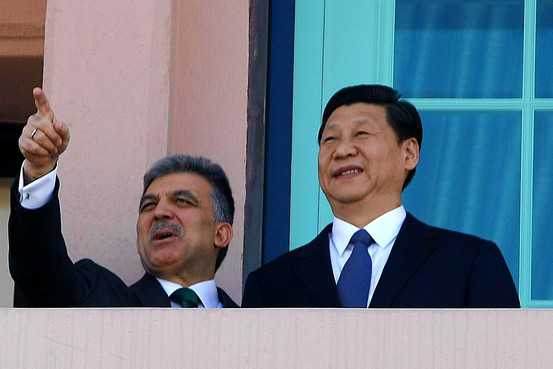
Agence France-Presse/Getty Images
Turkey’s President Abdullah Gul, left, and China’s Vice President Xi Jinping during a welcoming ceremony in Ankara
Mr. Xi, widely presumed to be China’s next top leader, signed the three-year currency-swap pact between Turkey’s central bank and the People’s Bank of China alongside Turkey’s President Abdullah Gul in Ankara on Tuesday.
The two leaders, who signed five other business agreements, didn’t make any public statements before the Chinese vice president headed to Istanbul to meet Prime Minister Recep Tayyip Erdogan, but Turkish officials were expected to relay their growing concerns over the gathering violence in neighboring Syria.
Ankara has repeatedly said the world can’t remain silent in the face of an 11-month revolt against President Bashar al-Assad, which appears to be degenerating into civil war. China, along with Russia, has vetoed two United Nations Security Council resolutions backing Arab League plans seeking an end to the conflict and condemning a crackdown on protests that killed 5,400 in 2011 alone, according to the U.N.
Ankara reacted furiously when Beijing, along with Moscow, vetoed the second resolution earlier this month, proposing a summit on Syria to help coordinate policy outside the Security Council.
As activists reported that Syrian government troops continued to shell restive districts in the opposition stronghold of Homs, killing at least 16 people, official communication from Mr. Xi’s diplomatic visit made no mention of Syria, or the stalling diplomatic attempts to halt the violence.
China’s state-run Xinhua news agency reported that Mr. Xi and the Turkish President discussed “regional and international affairs of common concerns,” though neither side initially offered details.
Turkey’s state-run Anadolu Agency reported that China was interested in investing in Turkish economic projects and that Prime Minister Erdogan had accepted Mr. Xi’s offer to visit Beijing.
The conspicuous silence on developments across the border in Syria disappointed Turkish analysts, who had hoped the meeting of two rising powers with expanding interests in the Middle East, could offer some clue on whether Beijing would soften its objection to intervention to quell the violence amid growing fears that the revolt against the Assad regime is degenerating into civil war.
China in recent weeks has given little indication it would support Western intervention, despite heightened criticism in Turkey, Europe and the U.S. that it was serving as an obstructionist to restoring peace there. Rather, senior Chinese leaders and state-run media have delivered unusually direct defenses of China’s position. China has a strict foreign policy of noninterference in other countries’ internal affairs, which in recent years it has used to block international intervention on humanitarian grounds alone. Additionally, China fears unrest toward authoritarian regimes in the Arab world could spread to Beijing if aided by the West, analysts say.
“Our position hasn’t changed,” said Foreign Ministry spokesman Hong Lei at a news briefing Tuesday. He said China was willing to work with the international community to resolve the crisis in Syria, but said China didn’t welcome external arms or interference in the conflict.
Mr. Hong confirmed China had received an invitation to a “Friends of Syria” meeting backed by Western powers and the Arab League set for Friday in Tunis, but didn’t say whether China would participate. Russia confirmed on Tuesday that it wouldn’t participate in the meeting because the Syrian government wouldn’t be represented, stoking fears that the group would struggle to gain legitimacy.
Mr. Xi, who will become China’s Communist Party chief in a once-a-decade leadership transition that begins late this year, will have to forge a consensus on sensitive foreign-policy issues among powerful political forces in China, including state-owned enterprises and the military.
Many questions remain about his approach to policy, though he is viewed by U.S. officials and other political analysts as a business-friendly politician, perhaps less driven by communist ideology than his predecessors.
Nonetheless, analysts said Mr. Xi wouldn’t be able stray significantly from the prevailing party line on Syria and other Middle East issues, lest he risk upstaging China’s current leadership, including President Hu Jintao.
Chinese leaders, including Premier Wen Jiabao, have said China isn’t defending the Assad regime. They argue the U.N. Security Council resolution calling for Mr. Assad’s resignation ran afoul with the U.N. charter. In addition to vetoing the Security Council’s resolution, China last week was one among just 12 U.N. member states to oppose a nonbinding resolution condemning the Syrian government.
Earlier on Turkey on Tuesday Mr. Xi was confronted with one sensitive domestic issue, as a group of protesters gathered outside his Ankara hotel to demonstrate against Beijing’s crackdown against Turkic-speaking Uighurs in China’s northwestern Xinjiang province, according to Turkey’s state-run Anadolu Agency. Violence between Muslim Uighurs and Han Chinese, China’s dominant ethnic group, left nearly 200 dead in western China in 2009 in the worst riots in the country’s far west in more than a decade.
Turkey’s Parliament Speaker Cemil Cicek earlier said that Ankara respects China’s “sovereignty and territorial unity” in an apparent reference to the issue.
via China, Turkey Sidestep Syria Issue to Sign Business Pacts – WSJ.com.

